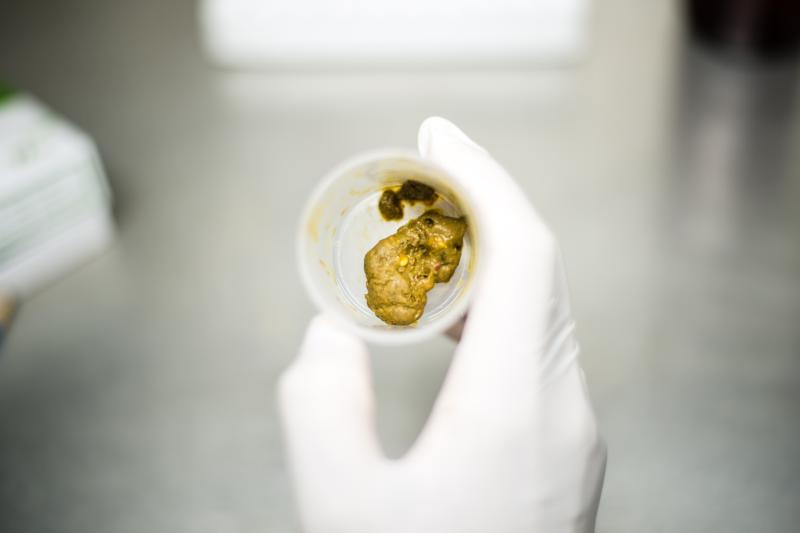
In frail older adults with Clostridium difficile infection (CDI), faecal microbiota transplantation (FMT) is useful both for clinical cure and palliation, and the procedure may be administered at the patent’s home, according to the results of a small study.
Four consecutive patients aged 85–92 years with recurrent CDI were treated at home using nasojejunal tube-delivered or encapsulated donor faeces. All patients had severe comorbidities and were severely frail that they could not tolerate hospitalization.
FMT was indicated for treatment-refractory primary CDI with rapid clinical deterioration in two patients, and recurrence of CDI with severe disease (defined as abdominal pain, leukocytosis, and hypoalbuminaemia) in the other two. The infection was imminently life-threatening in all four patients, according to the joint evaluation by the geriatric team.
Following one FMT, all four patients showed clinical improvement, with one patient having sustained resolution. Two patients developed recurrence and received a second FMT via capsules, and both achieving resolution. One patient who had recurrence declined from further FMT due to fear of relapse and was put on long-term vancomycin.
There were no reports of adverse events related to FMT.
The findings provide evidence that current FMT programmes may collaborate with specialized geriatric teams to extend treatment outside of hospitals, an approach that may be both life-saving and cost-effective, researchers said.
Further studies should include validated indices of general performance and function, such as the Multidimensional Prognostic Index, and muscle strength parameters, such as hand grip strength, they added.